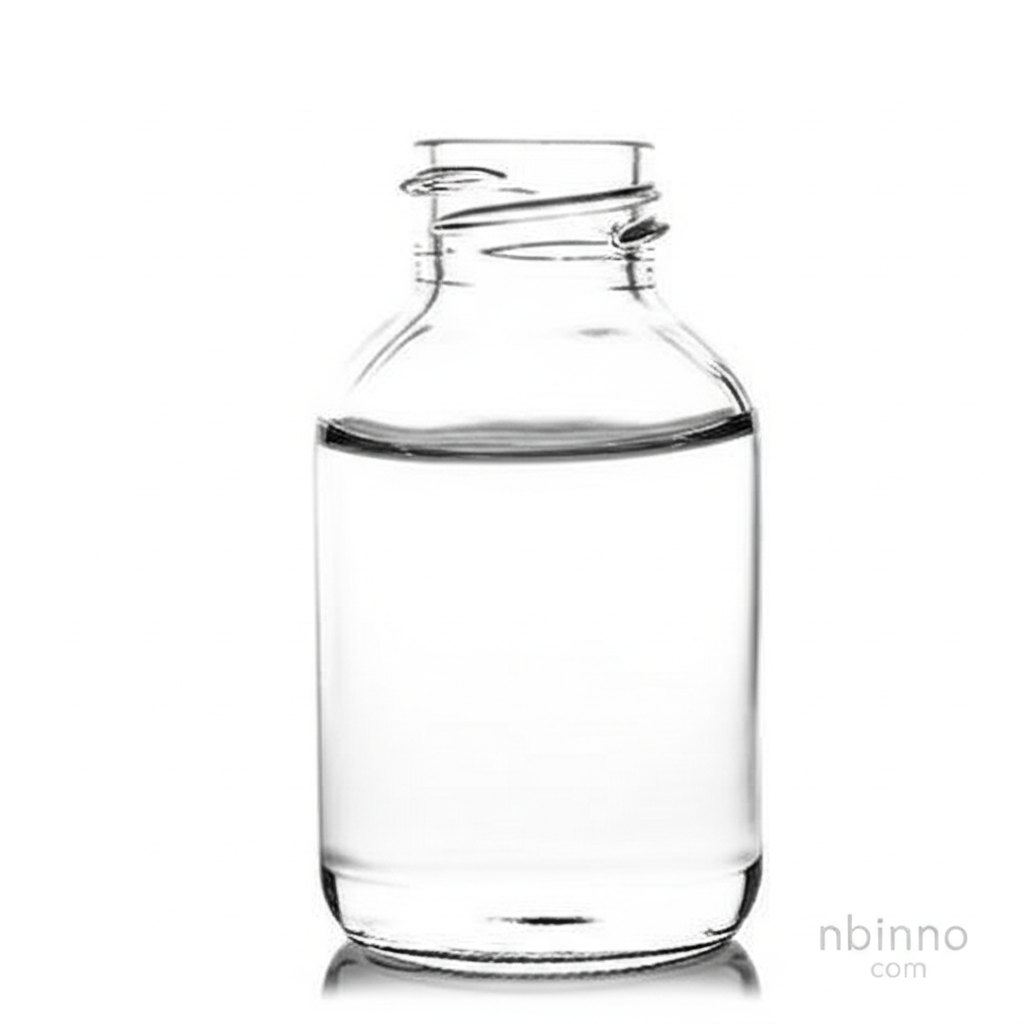Butyl Methacrylate (BMA): A Versatile Monomer for Advanced Materials and Coatings
Unlock superior material performance with high-quality Butyl Methacrylate, a key component for innovation.
Get a Quote & SampleProduct Core Value

Butyl Methacrylate
Butyl Methacrylate (BMA) stands out as a crucial colorless liquid monomer, extensively employed in the synthesis of advanced materials. Its primary role is as a building block for methacrylate polymers, contributing exceptional weather resistance, high gloss, and long-term durability to end products. The versatility of BMA allows it to serve as a key component in numerous copolymer compositions, enhancing the performance of various industrial materials.
- Discover the key uses of butyl methacrylate in textiles for improved fabric finishes and enhanced durability.
- Explore butyl methacrylate monomer applications in the creation of high-performance transparent films with superior clarity.
- Understand the butyl methacrylate properties and uses that make it an ideal plasticizing monomer for acrylic resins.
- Learn about butyl methacrylate copolymerization benefits, leading to materials with exceptional weather resistance and color retention.
Advantages Offered by Butyl Methacrylate
Exceptional Durability
The incorporation of BMA into polymer chains significantly boosts the overall lifespan and resilience of the final product, a key aspect when considering butyl methacrylate copolymerization for demanding applications.
Superior Aesthetic Qualities
Achieve high gloss finishes and excellent color retention, making BMA a preferred choice for applications where visual appeal and long-term appearance are paramount, as highlighted in various butyl methacrylate monomer applications.
Enhanced Material Properties
BMA contributes to intermediate glass transition and hardness values, providing a balanced profile for plastics and coatings, a critical factor detailed in discussions on butyl methacrylate properties and uses.
Key Applications
Coatings and Paints
As a solvent and binder component, BMA is essential for solvent coatings, offering excellent weatherability and gloss, a common theme in discussions about butyl methacrylate coating solvent.
Textile and Leather Finishing
BMA finds significant use in emulsions for textiles, leather finishing, and paper making, improving the texture and performance of these materials, aligning with the uses of butyl methacrylate in textiles.
Adhesives and Sealants
Its versatile monomeric nature makes BMA a valuable component in various adhesive formulations, contributing to bonding strength and flexibility.
Specialty Polymers
From modified plexiglass to contact lenses and dental resins, BMA is a foundational element for creating polymers with specific optical and physical properties.
